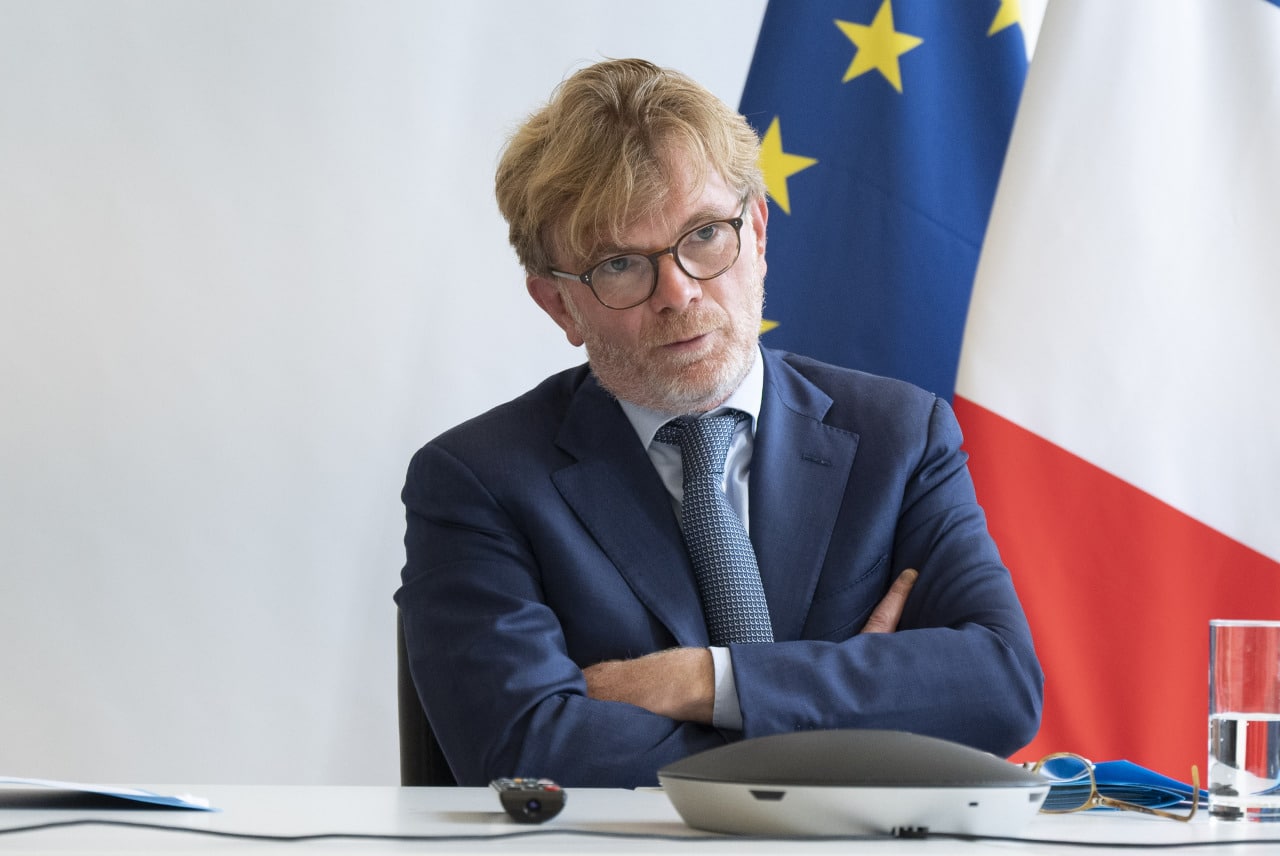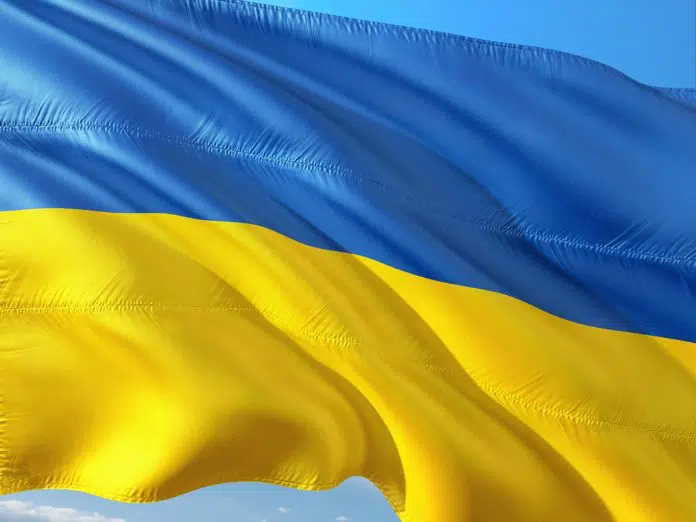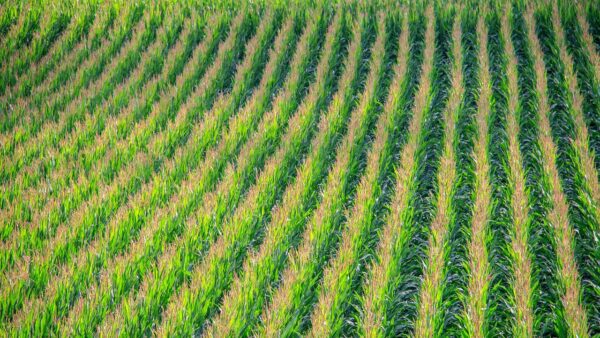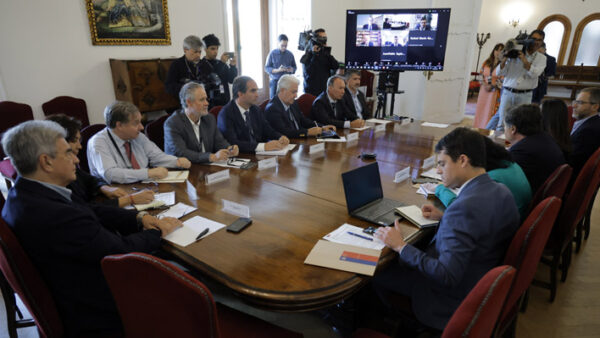An unprecedented context in Europe
Plunged into a global health crisis over the past two years, Europe is now facing a war with humanitarian, economic and environmental consequences in all sectors. After 70 years of peace, the Russian-Ukrainian conflict has mobilised all 27 Member States in a united effort of solidarity, with both sanctions against Russia and support for Ukraine.
The European Union and its Member States have taken in more than 7.6 million Ukrainian refugees and have mobilised €335 million in humanitarian aid, in addition to €1.28 billion in bilateral aid from Member States. At the same time, an exceptional financial aid of €2 billion has been allocated to Ukraine and the European Union has announced its intention to provide further assistance of €9 billion in 2022 for the reconstruction of the country.
The European seed sector is particularly affected by this context. In France, UFS (the French association of seed companies and plant breeders) has conducted several surveys from March to June to identify the impacts on its members. During the first four weeks of the conflict, actions were taken to ensure the safety of employees and their families, as factories were shut down due to the mobilisation; the delivery of seeds for spring sowing was secured under very difficult logistical conditions. The measures taken by the European Commission and the Ukrainian government have enabled a rapid revitalisation of the seed business. However, the stalemate in the conflict and Russia’s occupation of 22 per cent of Ukraine’s agricultural territory mean that the seed production needed for the crops in the coming two years cannot be guaranteed. There is a serious risk of tensions in Europe, with only 50-60 per cent of normal seed production expected in Ukraine, under severely degraded conditions.
Four months after the beginning of the conflict, the European Union and the French government have put food sovereignty back at the centre of political strategies. The seed sector will play a key role but is facing reduced production plans due to competition for raw materials as well as rising inputs prices, which will inevitably lead to higher seed prices.
Objectives and Results of the FPEU for the Agricultural Sector
The France’s Presidency of the Council of the European Union (FPEU) has strongly mobilised the Member States and the European institutions to confront this context while supporting the implementation of the “Farm to Fork” and “Biodiversity 2030” strategies.
All in all, 130 texts were adopted, more than 2,000 meetings were held with European decision makers and 700,000 participants attended the Conference on the Future of Europe, which was launched on 9 May 2021 and concluded after a year of citizen-led debates and discussions, adopting 49 proposals on how to change Europe.
The main agricultural measures spearheaded by the French Presidency that are likely to have an impact on seed companies are the following:
- Reciprocity of Standards
“[Europe] will have nothing to gain if raising the standards that apply to our farmers ultimately results in a drop in our production and an increase in imports that do not necessarily meet the same requirements, with the risk of a deterioration in the overall environmental and climate balance“, said Marc Fesneau, French Minister of Agriculture and President of the Agriculture and Fisheries Council in Luxembourg on 13 June.
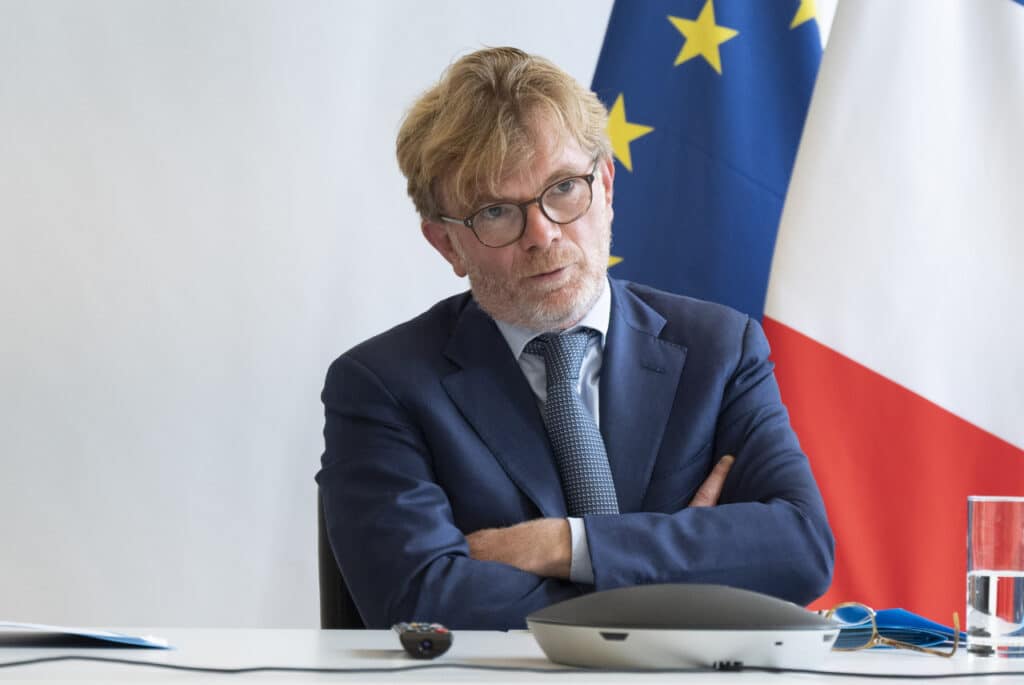
In order to strengthen the coherence between the Green Deal, the Common Agricultural Policy and the European trade policy, France has promoted the principle of reciprocity of standards. This objective intends to apply the same environmental and health production standards to products from member states of the EU and products imported from third countries. For this purpose, it has been decided to promote European standards in international bodies (WTO, FAO, etc.) and through bilateral agreements within the framework of mirror clauses that are to be systematically applied. These aspects are expected to be pursued by the Czech Presidency. Seed companies will then have a level playing field with their non-EU competitors.
- Carbon farming
France has identified agriculture as one of the solutions to climate change, in particular through, the principle of a regulatory environment allowing farmers to develop practices that reduce but also store carbon in the soil.
This can be achieved, for example, by planting hedges or trees, growing pulses, using catch and cover crops or by conservation agriculture.
Obviously, seed companies have an essential role to play in this process by proposing adapted varieties, and in particular ecosystemic plant varieties. European legislative proposals will include a framework for certification of carbon capture and incentives.
- Revision of the SUD Directive on the sustainable use of pesticides
On 22 June 2022, the European Commission published its proposal for a revised text of Directive 2009/128/EC on the sustainable use of pesticides. In the form of a regulation, to be directly applied in all member states, it aims at reducing the use of synthetic pesticides and most hazardous products by 50 per cent by 2030. Here again, seeds will have an important role to play in supporting this development.
In France, an innovation-oriented agricultural programme
The new Ministry of Agriculture and Food Sovereignty should continue the work of the previous minister, Julien Denormandie, on several issues that directly or indirectly affect the seed breeders:
- Support of the third agricultural revolution combining digital, robotic and genetic innovations. The government has clearly identified plant breeding as a tool to meet the challenges of agro-ecological transitions. Various public action programmes offer support and training measures.
- Food sovereignty is to be developed thanks to sustainable and local agricultural systems. Several measures are planned, in particular the national plant protein strategy, adopted in 2020 to reduce imports for animal nutrition (e.g., soya beans), but also to advocate the reciprocity of standards at a European level.
- Anticipation of the renewal of the farming generation: 45 per cent of farmers will reach retirement age by 2026. Debates on a draft agricultural orientation law will be held in the coming months to ensure the necessary transition by facilitating access to agricultural land. However, the question of fair remuneration for farmers is also an issue of attractiveness at the heart of Minister Marc Fesneau’s priorities. French seed companies, who also face the challenges of the attractiveness of seed multiplication in the current context, will closely follow these debates on generational renewal.
When he took office on 20 May 2022, Marc Fesneau recalled that “This Ministry [of Agriculture and Food Sovereignty] is of strategic importance because the strength of our economy depends on our agricultural power and excellence. An important part of our sovereignty also depends on our agriculture […]. I want to show that agriculture, which is a centuries-old activity whose strength lies in its tradition, is fundamentally a question of the future at the heart of the development model we want for our children, because it is at the crossroads between productive, ecological and social issues.”
As the leading European producer and global exporter, the French seed sector already contributes to the many transitions currently in progress in the world of agriculture and food, and the coming months will bring opportunities to place the activity of seed breeders at the very heart of these European and French strategies.
Editor’s Note: Rachel Blumel is Director General of UFS, the French association of seed companies and plant breeders.
Read More from the September Issue:
Promoting Science for Sustainable Agriculture
Free Seeds, A Present From Hell


